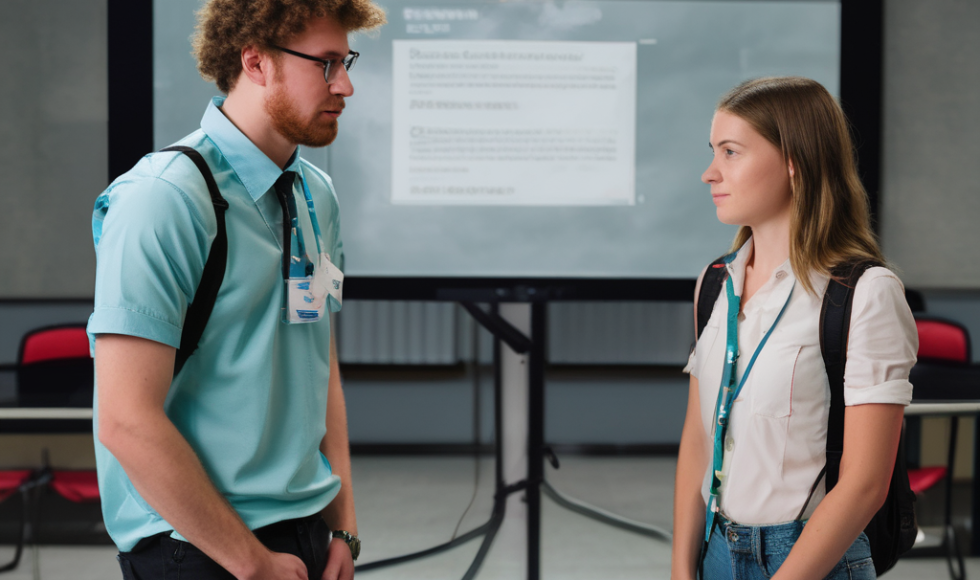I’m back home! I watched the London Calling 2024 session “Mobile lab for rapid detection of pathogens in wastewater in sub-Saharan Africa” by Rea Kobialka from the Institute of Animal Hygiene and Veterinary Public Health in Germany. Kobialka demonstrated the setup of the mobile lab suitcase for wastewater analyses. The suitcase lab needs a mobile […]
We had a productive and fun day working in Minneapolis on the PALM and Vision and Change project! I am glad I was able to come here and work with friends. Tonight, I watched the London Calling 2024 session “Plant T2T genome assembly using ultra-long and adaptive nanopore sequencing” by Bosheng Li from the Institute […]
Today I am traveling to Minnesota to meet with our PALM Vision and Change team. I have an evening flight and will watch another shorter London Calling 2024 session. Eddy de Boer from the University Medical Center Groningen in the Netherlands was the presenter. This one focused on using adaptive sampling for genome sequencing and […]
Ndack Ndiaye from the Pasteur Institute in Senegal gave a presentation at London Calling 2024 on the “Molecular epidemiology of Enterovirus A71 in Senegal between 2013-2021.” Ndiaye started by providing information about enteroviruses: these positive-sense single-stranded RNA viruses continue to re-emerge and have unpredictable pathogenic properties. These viruses are associated with flaccid paralysis. Ndiaye noted […]
I had heard about the work from the Iolani School during one of the Nanopore Education Beta group meetings. Tonight, I watched Ethan C. Hill, a bioinformatician with the Iolani School, and Jaymie M. Frith, a 12th-year student, present at London Calling 2024. Their session was titled “Genome science in high-school classrooms: inflammation, glutamate and […]
Katharina Wolff from TU Braunschweig, Germany, presented a five-minute session at London Calling 2024 titled “Empowering scientists with data literacy skills in long-read genomic sequencing.” Wolff spoke about the variety of plants around us and empowering students to learn about plant diversity. They wanted to address the increasing availability of data and lack of data […]
Claire Anderson from the University College London in the UK presented at London Calling a short session on “Adaptive sampling reveals pathogenic repeat expansion underlying spinocerebellar ataxia.” Spinocerebellar Ataxia Type 4 (SCA4) is an autosomal dominant hereditary ataxia characterized by sensory neuropathy, explained Anderson. The locus has been linked to chromosome sixteen. Anderson and their […]
We often use Oxford nanopore reads for de novo assembly of genomes and plasmids. Sean Mckenzie, Associate Director of Genomic Applications Bioinformatics with Oxford Nanopore Technologies, provided an update on assembly performance. They described de novo assembly as “the process of reconstructing an organism’s genome sequence from a set of genomic sequencing reads.” There are […]
Janessa Laskin from the BC Cancer Centre and The University of British Columbia in Canada spoke at London Calling 2024 on the “Application and use of long-read sequencing in personalized cancer medicine.” Laskin explained that medical oncologists are motivated to find effective treatments for cancer and identify vulnerabilities. The Personalized OncoGenomics (POG) started in 2012 […]
Basecaller updates are more frequent now, with new models and speed improvements. Tonight, I watched the London Calling 2024 session on basecaller advancements. Sam Davis, Principal Scientist, Machine Learning with Oxford Nanopore Technologies (ONT), spoke about the recently released models and chemistries. The V5 models offer 1.5Q accuracy improvement when compared to previous versions. Davis […]











